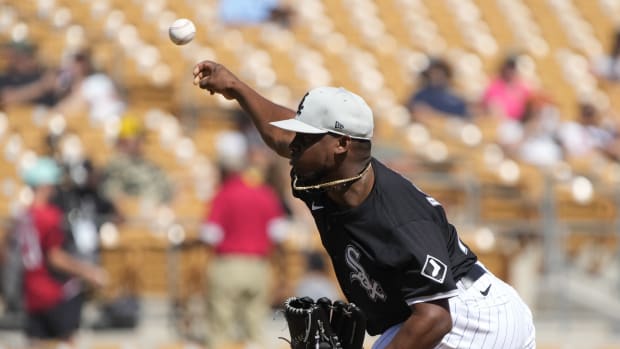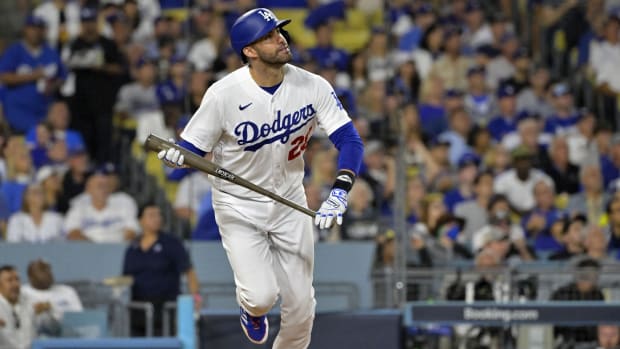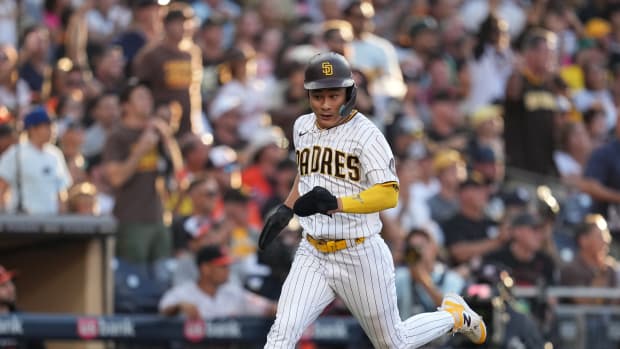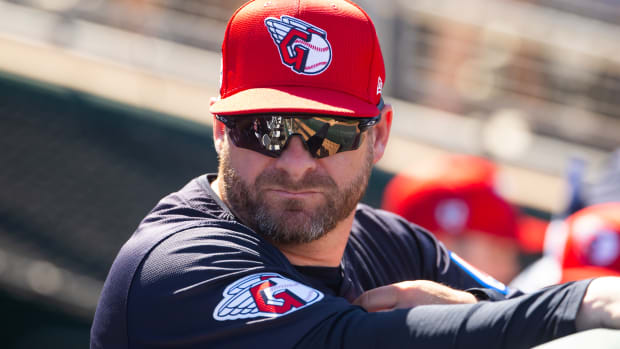Three Takeaways From 2020's Hall of Fame Election
In the wake of Derek Jeter's near-unanimous election to the Hall of Fame along with Larry Walker, some observations about the latest voting results:
• I voted for Derek Jeter, Curt Schilling and Jeff Kent. Schilling hit 70% and, without a first-ballot Hall of Famer next year to compete with, should be elected next year–and as probably the only player elected by the writers next year.
The low level of support for Kent continues to mystify me, just as it did for Fred McGriff. Kent reached 28%–his best in seven tries on the ballot, but nothing to indicate he can get to 75% in his last three tries.
Walker made an unprecedented climb. He was at 10% in 2014. He climbed more than 20% in each of the past two years. Nobody had ever done that. I did not change my vote on Walker in what’s been a very close call. I viewed his volume as a bit too light. He has 424 fewer hits and 125 fewer games than any rightfielder elected by the BBWAA.
He was a difficult candidate to weigh because of the Coors Field factor. Walker hit .385 on balls in play at Coors Field–the second highest in any park in the 100 years of such recorded history–and .307 elsewhere. But his election now opens the door a little wider for Todd Helton.
• Even with the backlog of strong candidates over, most writers are now in the habit of choosing to fill out their ballot and use up most or all of their allowable 10 spots. Throughout the 1990s and 2000s, writers voted for an average of only five or six players. In 2014, that average jumped to 8.39, an all-time high since current voting regulations went into place in 1968.
The new normal is to pack the ballot, and you saw that in tremendous jumps for Scott Rolen (up 18%), Gary Sheffield (17%), Billy Wagner (15%), Todd Helton (12%), Andruw Jones (12%) and Omar Vizquel (11%). Many of the 1,646 votes that went last year to electees Mariano Rivera, Edgar Martinez, Roy Halladay and Mike Mussina and last-year candidate Fred McGriff went to down-ballot candidates this year.
• Barry Bonds and Roger Clemens are getting less traction. Bonds’s percentage increases over the past three years, starting in 2018: 2.6%, 2.7%, 1.6%. Clemens’ gains: 3.2%, 2.2%, 1.5%. The first-time voters added to the roll who excuse PED use are not increasing fast enough for Bonds and Clemens. Opinions have crystalized, so it’s also harder to find people who are changing their minds in their favor.
Bonds and Clemens have two more years on the BBWAA ballot. This is coming down to their final year, the 2022 ballot, where they will be joined by David Ortiz and Alex Rodriguez.


































